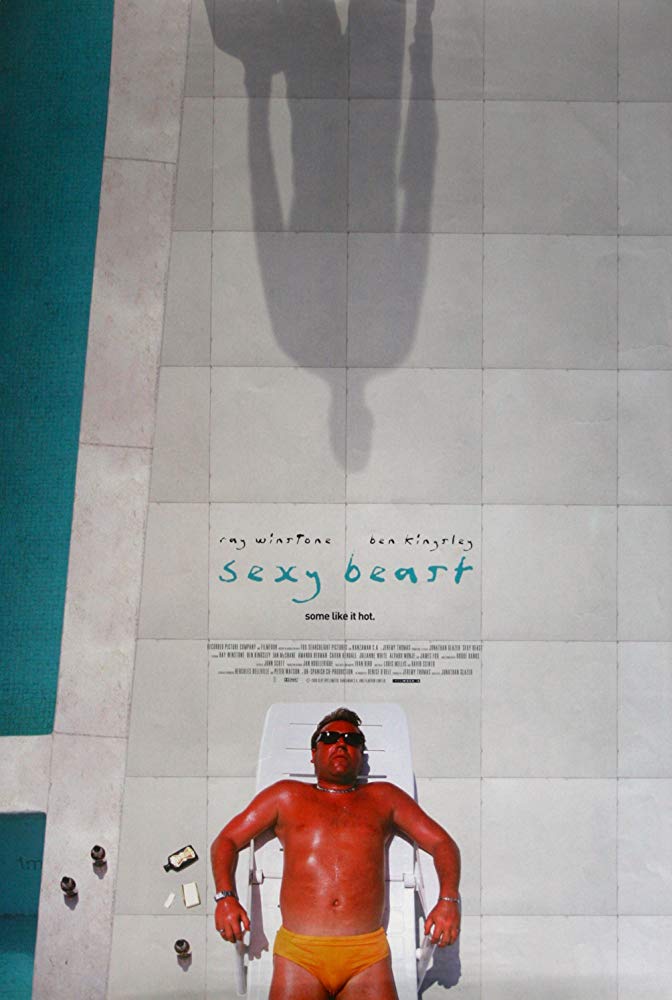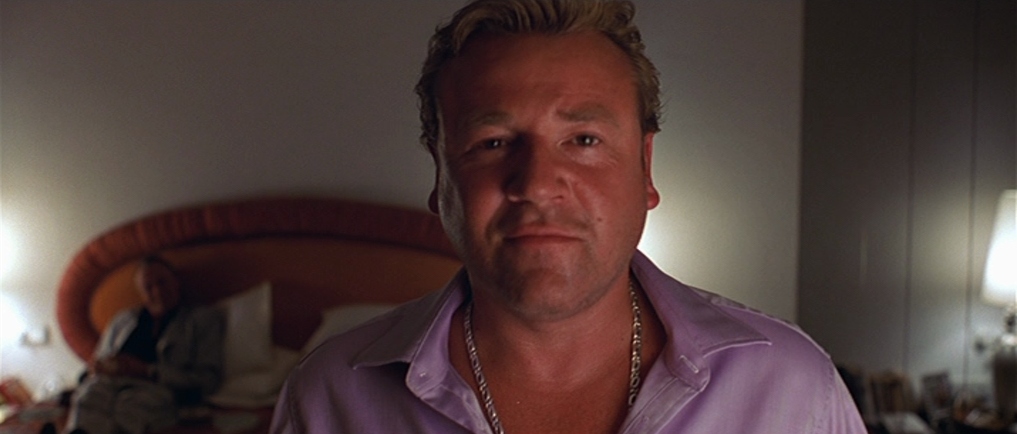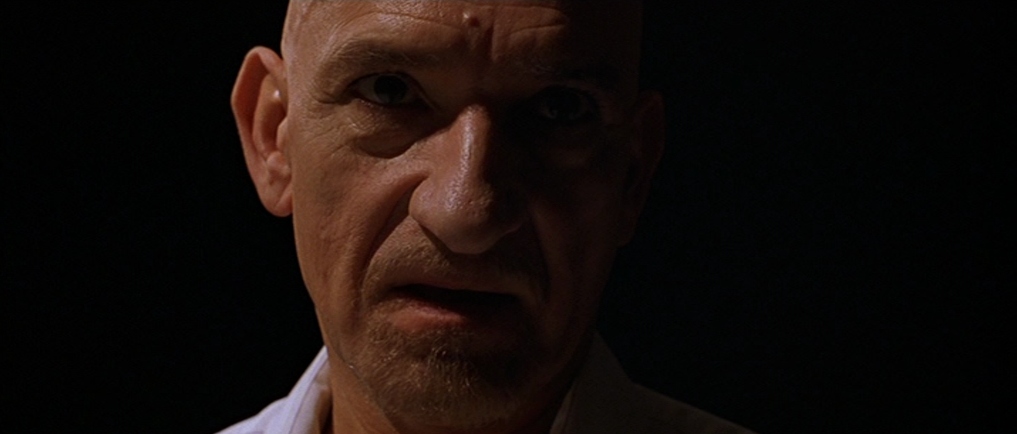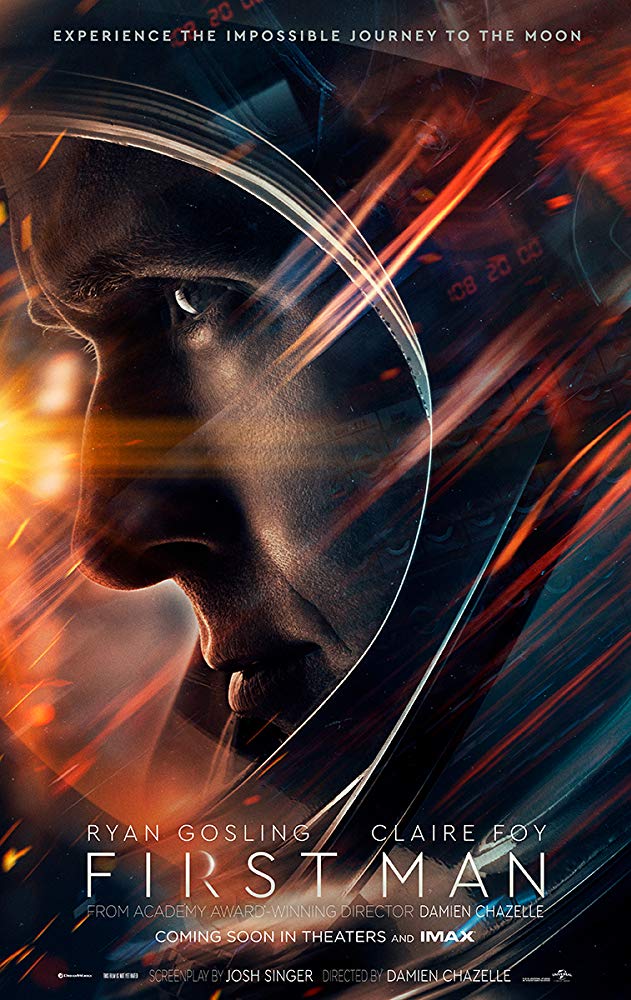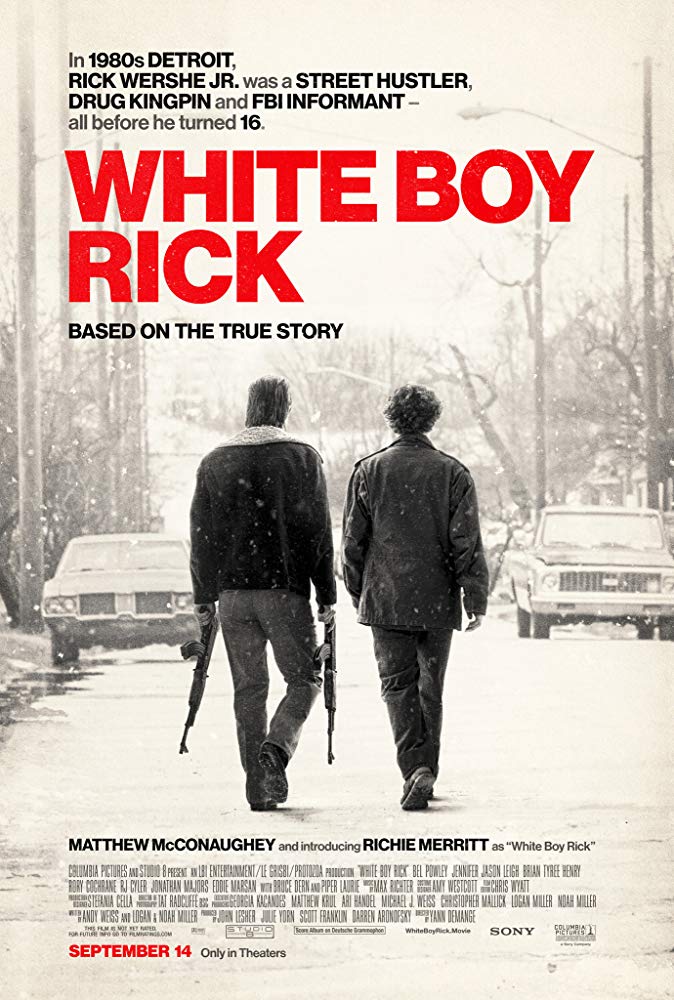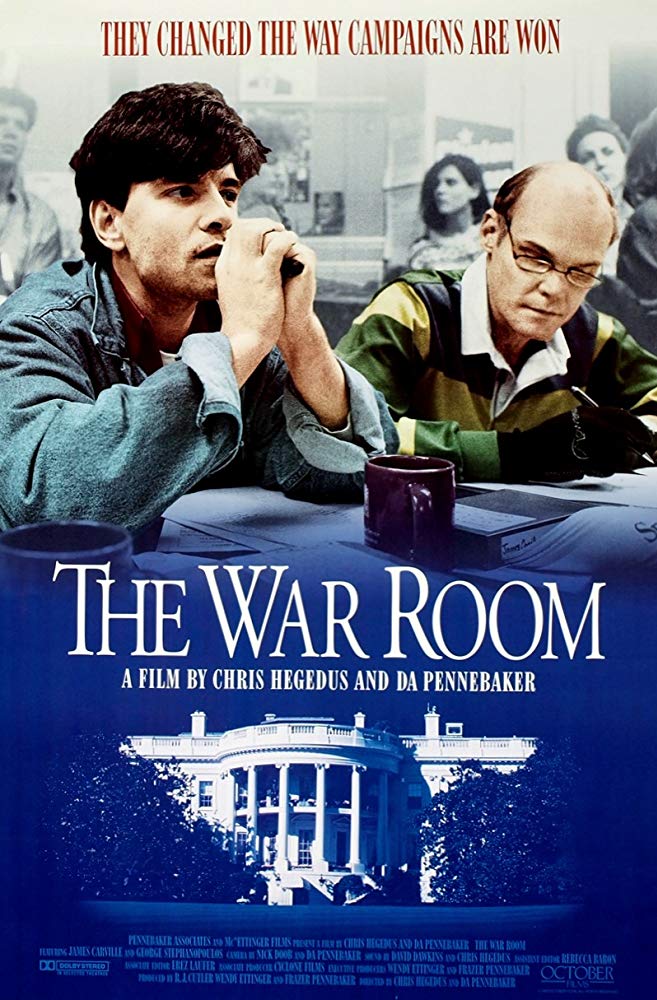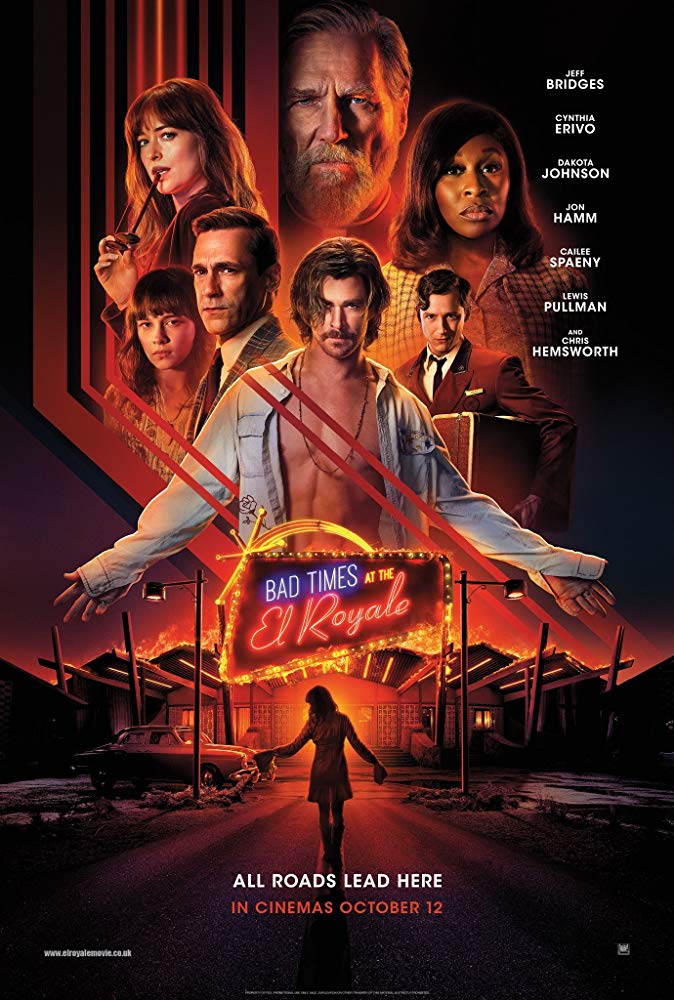Film Log #2 – 11.2019
Thursday, November 28th, 2019In an effort to curtail my cycle of binge watching (and re-watching) programs available on streaming services, I’ve made a more concerted effort to support the local video store – Vulcan Video. Their mid-week 2-for-1 deal keeps me returning fairly regularly.
With that in mind, I figure I’d log a somewhat quick rundown of the films I’ve recently experienced (because, you know, there aren’t already enough people recreationally writing about movies).
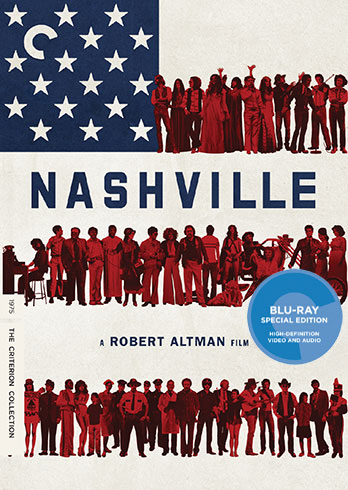
Robert Altman (1925-2006) directed over 30 full length films and more than fifty television programs. Having only seen a handful of his pictures, I recently decided I was way past due to watch one of his most acclaimed films- Nashville (1975).
The film walks the audience through five days in an inherently American city that is gearing up for a political rally for a third-party candidate that seems to have been created in direct response to all the ways that many Americans felt (perhaps still feel) our political system was falling terribly short.
There is no on-screen action or discussion about Nixon, but the production was created and shot immediately following his resignation. I mention Nixon not because this is a particularly political film and though most of the characters are musicians, the film also isn’t specifically about country western music- hell, the film isn’t even about its namesake of Nashville- this film is an effort to illustrate what the country’s collective conscious felt like at a very particular time.
The narrative is gently pushed along by country music, political distrust, and a collective sense of failure meanders in and out, but the film isn’t about these particular topics. Every generation deals with benchmarks that shape the collective attitude and this film’s aim was to serve as a mirror so that we could take a good, long look at one another.
Though I wasn’t alive in 1975, the film feels like a tremendous success. It’s easy to imagine these characters maneuvering through their lives just as depicted in the film as well as many Americans carrying on and sharing the same attitudes that permeate throughout the film.
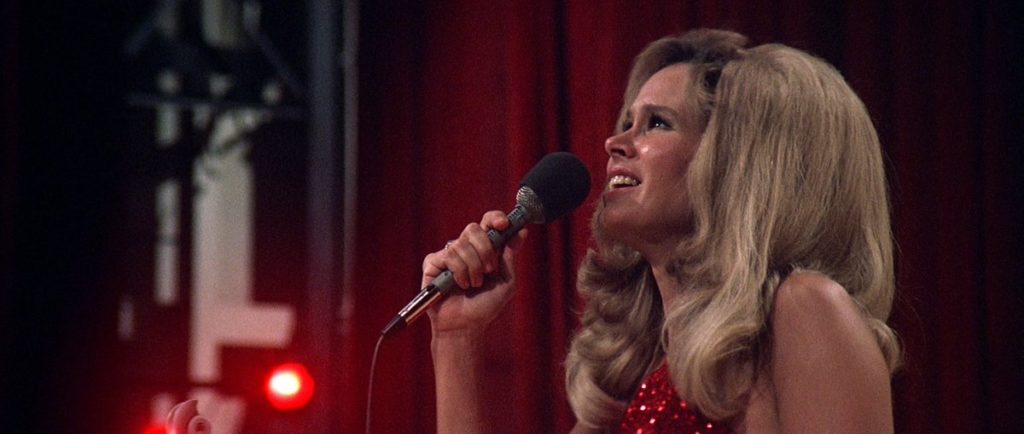
The few Altman films I had seen prior all provided a clue as to what Nashville had in store, but none more than Short Cuts (1993). In SC, Altman weaves about a dozen Raymond Carver short stories together using an extraordinary cast and setting them all in LA. SC definitely primed me for being guided through an extensive character landscape and jumping from one intimate conversation to another; each revealing something true about people. In a very positive way, Nashville brought Short Cuts to recall and I can’t wait to visit it again.
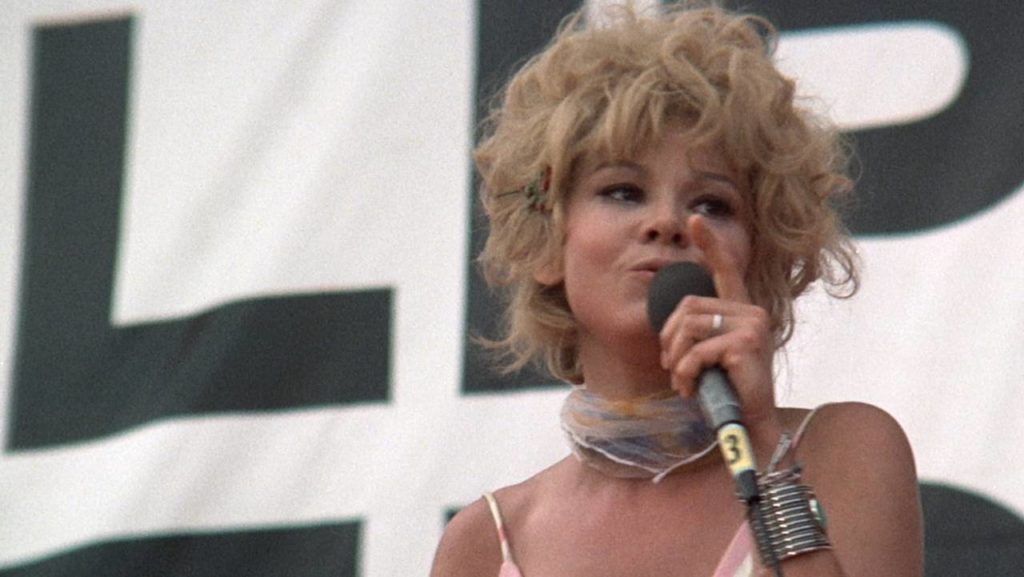
Roger Ebert’s The Great Movies offered that:
In Nashville and his back-to-back triumphs The Player (1992) and Short Cuts (1993), he [Robert Altman] pointed the way for Paul Thomas Anderson’s Boogie Nights (1997) and Magnolia (1999). The buried message may be that life doesn’t proceed in a linear fashion to the neat ending of a story. It’s messy and we bump up against others, and we’re all in this together. That’s the message I get at the end of Nashville, and it has never failed to move me.
Too many times we are forced to watch films with tidy conclusions where the story is wrapped up and packaged in such a way that makes me believe the narrative has to be hollow or overly simplistic in order to end so neatly. If it could reasonably be concluded in such a way that makes the audience say, “what a great story – let’s eat dinner” or it provides an unimaginative cliff-hanger that pre-milks you for a second (or third or fourth or fifth or sixth) installment of what you have just seen, then I would just as soon leave those films well alone.
I prefer films that leave you with a head full of ideas and leave you wanting whiskey, conversation, and rumination about what you have just seen. Nashville certainly delivers in this regard.
I would definitely recommend.
I will definitely revisit this film in the next couple of years.
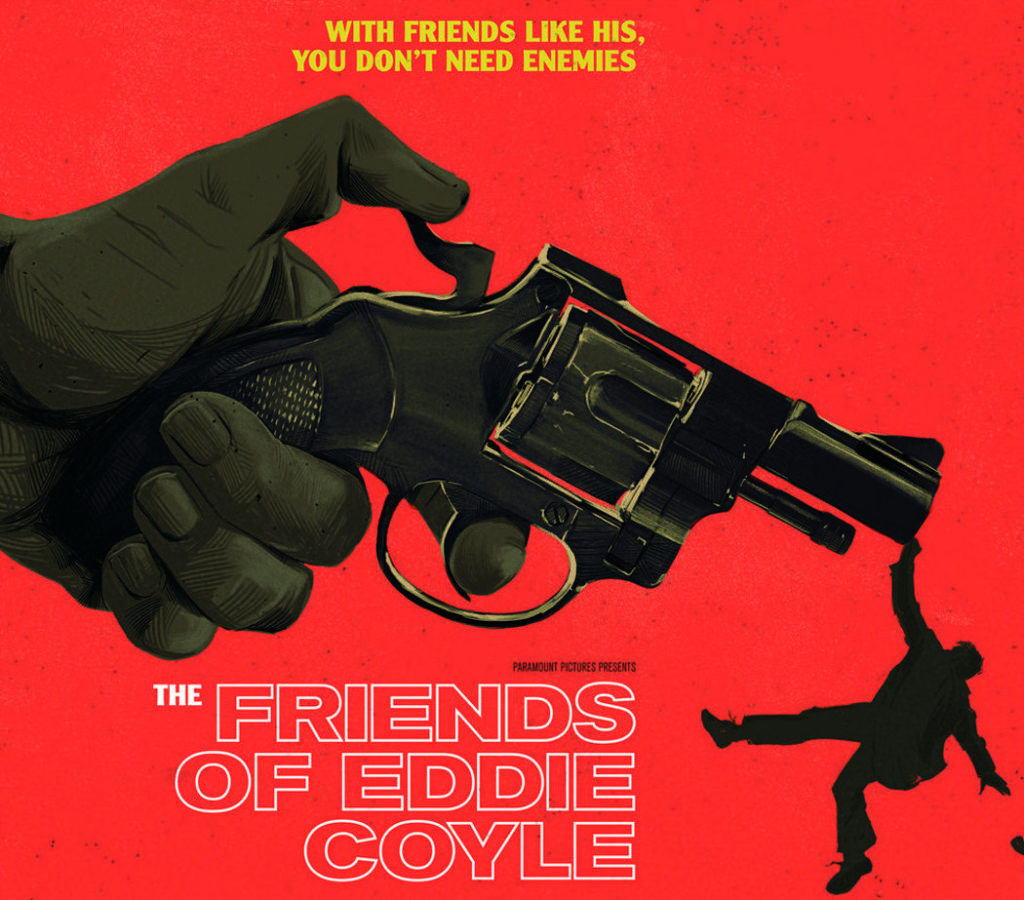
I’ve been trying to work through Robert Mitchum’s filmography and I came across the above film poster online and decided that was all I needed to give it a go.
Knowing that, I wasn’t knocked off my seat like I was hoping I’d be. Even though it was fun spending time with Mitchum on screen, I wasn’t prepared for this to be a departure from his signature style of a hyper-perceptive, quick-witted and often tender tough guy (and sometimes ruthless bad guy) who was nine times out of ten, two steps ahead of his opposition.
In The Friends of Eddie Coyle however, Mitchum plays a down-on-his-luck criminal/truck driver who can’t seem to catch a break and is waffling about whether or not he should trade information to authorities to keep his away from a jail cell.
That’s all well and good, I had simply never seen him portray a sad sack of a man. Of course he did an outstanding job, but the film still fell short for me.
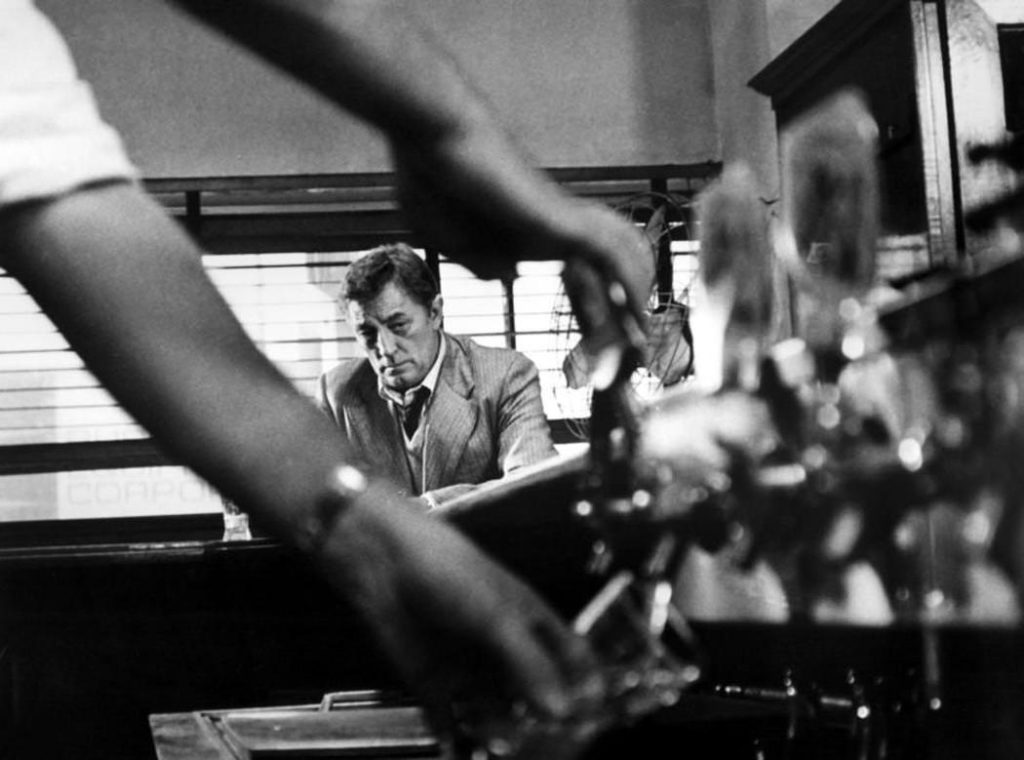
One of the many reasons the film fell short was because it simply moved towards the same conclusion you’d expect it to and it took its sweet time doing it. Regardless of pace, I was only intrigued with how Eddie Coyle (Mitchum) was going to play his predicament and whether or not he’d be successful. The film does include some robberies, but as far as robbery scenes go, they’re not in the Pantheon of Top Robbery Scenes (the masks the robbers wear are a cool visual though).
Anyhow, I’m glad I got this Mitchum film under my belt, but I wouldn’t recommend it to you unless you’re also looking to scratch Mitchum pictures off your list.
I most likely won’t see it again.

Robert Redford is a treasure who always plays a measured man that seems to always know what’s at stake. The only difference in The Old Man & The Gun is that this will most likely be the absolute last time we’ll ever be able to see Redford throw his charisma around on the big screen.
I watched The Irishman last night (will write about it later), but similar thoughts circled through my head while watching both The Old Man & The Gun and The Irishman – these are good films and I’m having a good time watching these titans ride into the sunset, but to use a sports metaphor, this feels an awful lot like watching Michael Jordan on the Wizards, or Hakeem on the Raptors, or Willie Mays on the Mets, or insert whatever analogy of a way past their prime athlete performing in their final season.
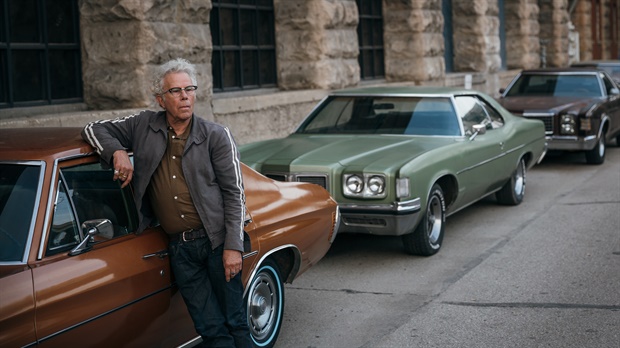
So here we are, an American public that has watched the dapper Robert Redford rob banks and romance women for over 59 years and what do we think about TOM&tG? Other than the fact that Tom Waits is in it (that was a welcome surprise) and that it showcases elderly folks living life in a non-elderly manner, I didn’t come away from the film believing it was a signature moment for any of the people involved. Casey Affleck was fine, Danny Glover was Danny Glover, I always like seeing Sissy Spacek, and I just about beamed anytime Tom Waits was doing his Tom Waits stuff on screen, but this film basically felt like a quality way to pass the time and not a momentous occasion or high-praised cinematic achievement.
I would recommend if you love any of the cast members.
I probably won’t see it again.
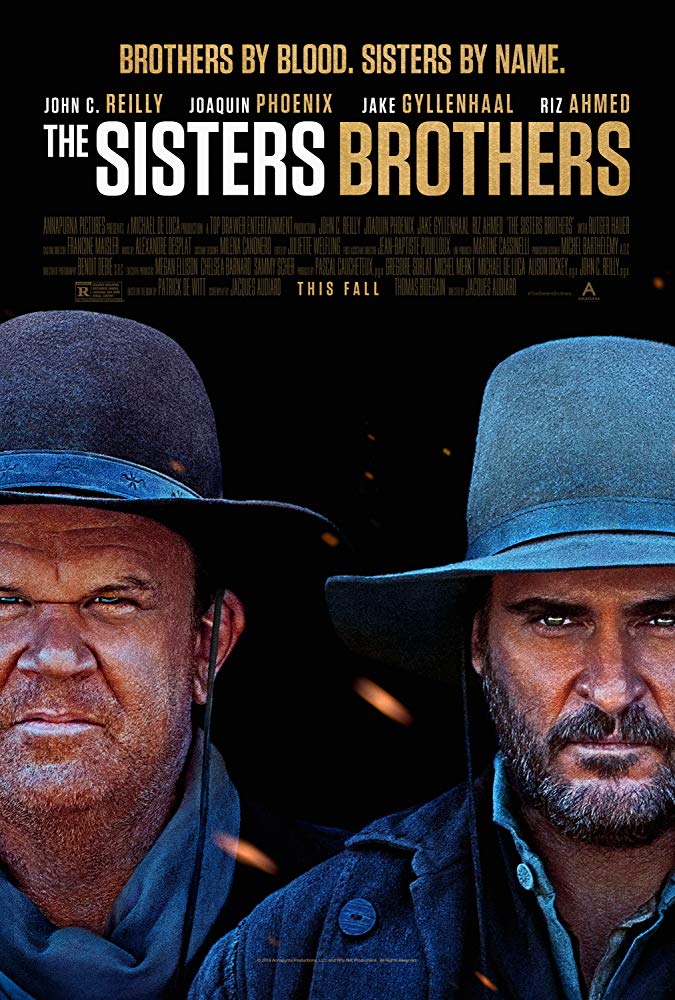
Contemporary westerns are few and far between. That’s too bad. Westerns provide the setting of men and women living by a personal code (and not by any governmental law), of having participated in a tragic war and wanting to run West as a way of escaping from the complications that remained in the war-torn eastern part of the country, or simply desiring land and true freedom even if it meant they’d have to stake it and defend it, and on and on.
These timeless ideals are beyond generational (or should be) and I welcome authors and filmmakers to continue growing this genre. With this entire globe having been meticulously mapped and adventure seeming expensive or unattainable, I certainly do enjoy watching two brothers setting out on horseback on an adventure that, if they are successful, will pay handsomely.
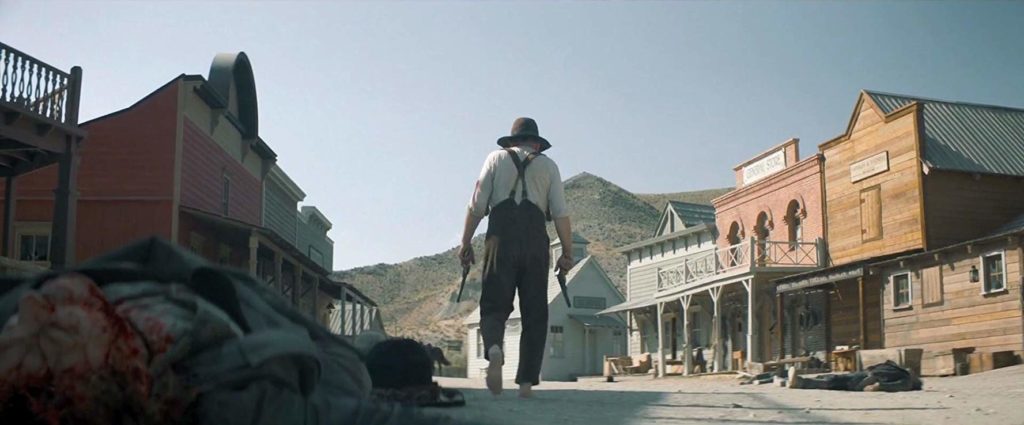
The Sisters Brothers is expertly cast. They’re all more sensitive than your stereotypical westerns of decades past, but that’s the point. Joaquin Phoenix is temperamental, John C. Reilly is capable and paternal, and Jake Gyllenhaal showcases a very real connection and brotherhood with the man the principle conflict is centered around.
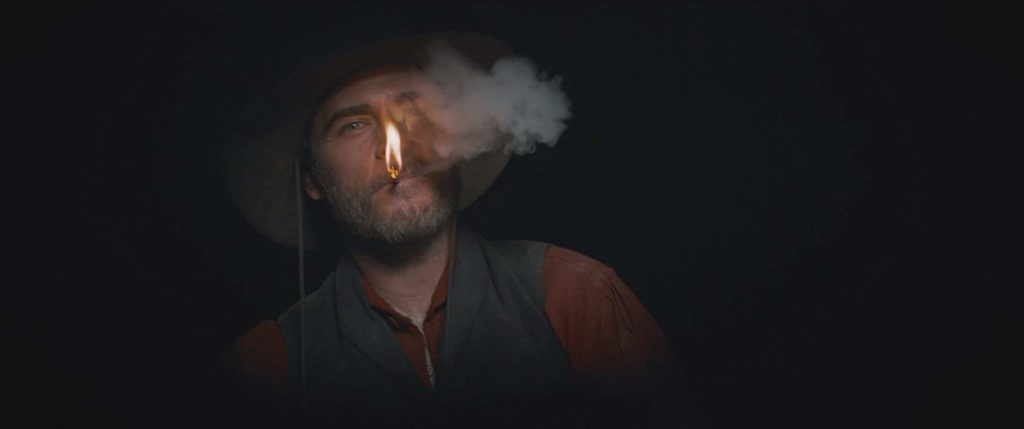
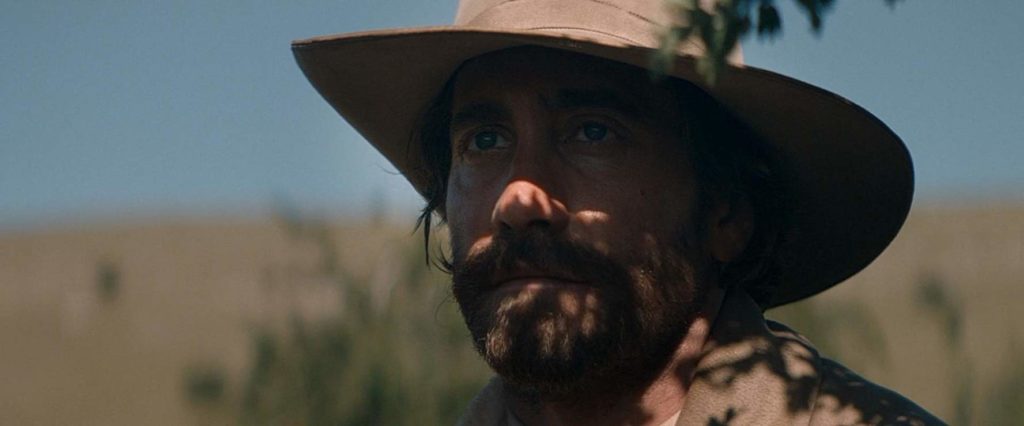
The cast naturally waltzed through the story and the finished product provides just enough intrigue and more than enough enjoyment.
I definitely recommend this film.
I will probably circle back to it in a few years.
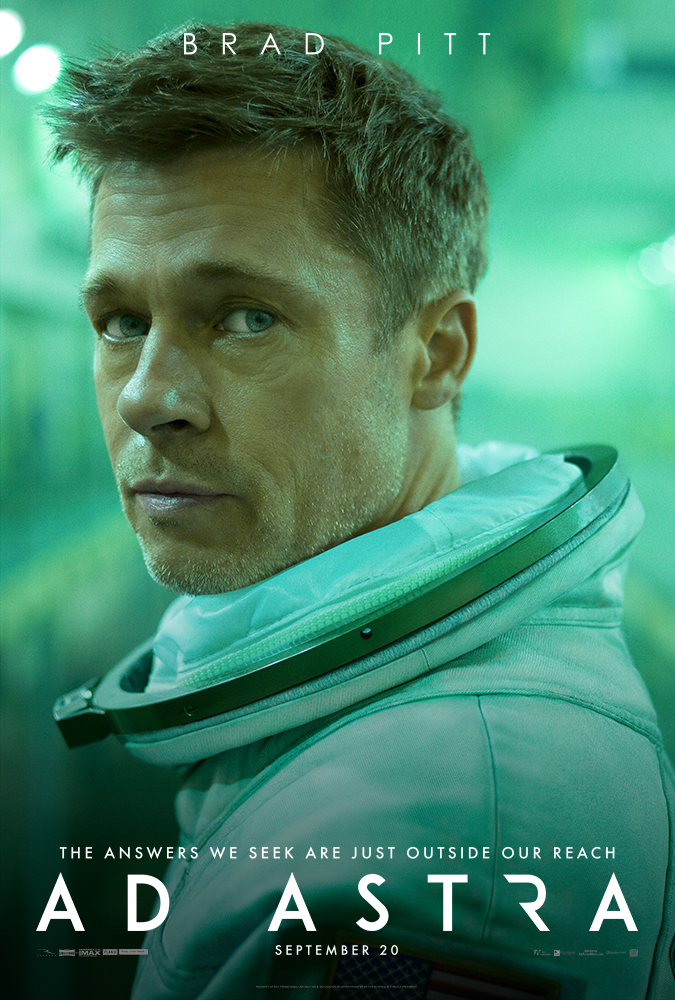
I was hoping for something cerebral and expansive like Interstellar or something along those lines and what we got in return was… something wonky as all hell. There were carnivorous baboons, space pirates that patrol the moon’s surface, and other head scratching moments.
My favorite part was when Pitt was embarking on a long quest through space and for about ten minutes of screen time, his character asks himself self-reflexive questions that people should ask themselves every so often:
Am I happy with where I am and how I got here?
What were the mistakes I made and have I grown from them?
Have I been terribly selfish?
Other than this particular scene, I could pass on the entire film.
I do not recommend this film.
I won’t be revisiting it.
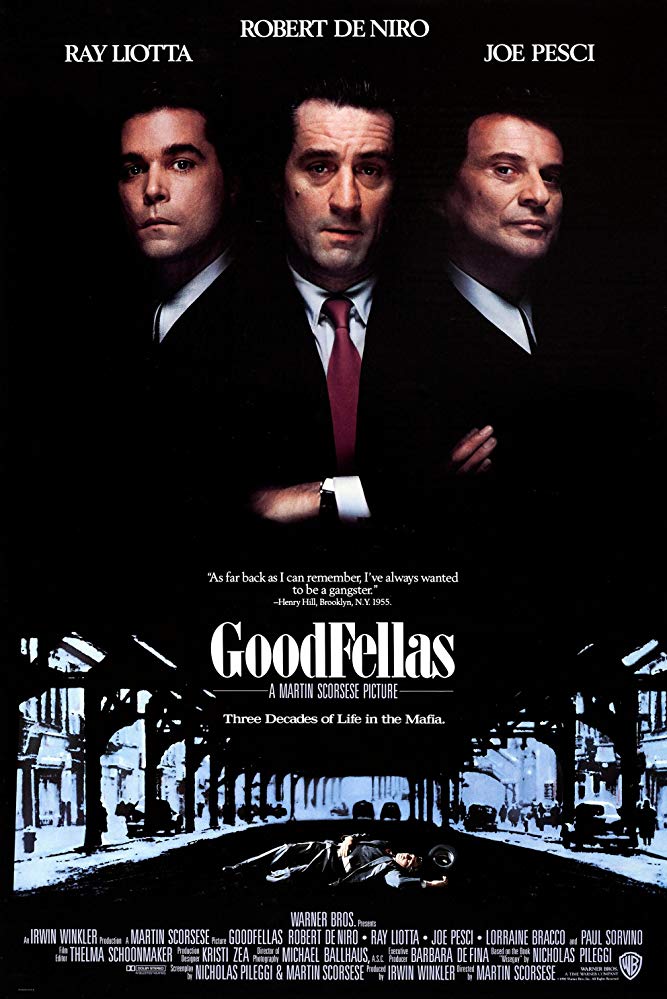
I revisited GoodFellas simply to gear up for The Irishman. If you haven’t seen it, do the damn thing already. This is a film worthy of being regarded as a cultural landmark.
If you care about cinema, culture, music, etc- sit back and enjoy walking through the Copacabana and taking a trip through the cultural history of the mob.

Last time I posted, I raved about Jonathan Glazer’s Sexy Beast (2002) and Birth was his follow up to that. Birth was a hard turn from his first film. Where SB was hyper-stylized and centered around the decision to participate or not participate in an inventive heist, this film is a dark and brooding drama that attempts to put you inside a family dealing with a random child claiming to be the reincarnation of the family’s deceased husband.
Fairly wild.
Even though Nicole Kidman gives an excellent performance and Lauren Bacall (LAUREN BACALL!) provides a perfect supporting role, the film doesn’t hook me like I believe it’s supposed to. I’ll be the first to admit that I’m not the intended audience because I certainly couldn’t become invested in the central conflict, but I will say that the execution on the part of the actors and director was very good.
To reiterate, this was the best Kidman performance I’ve ever seen, it just happened to be in a film where I couldn’t really become gripped with the dilemma.
Recommendation? I wouldn’t tell anyone to stay away nor would I highly recommend it.
I probably won’t see it again.
